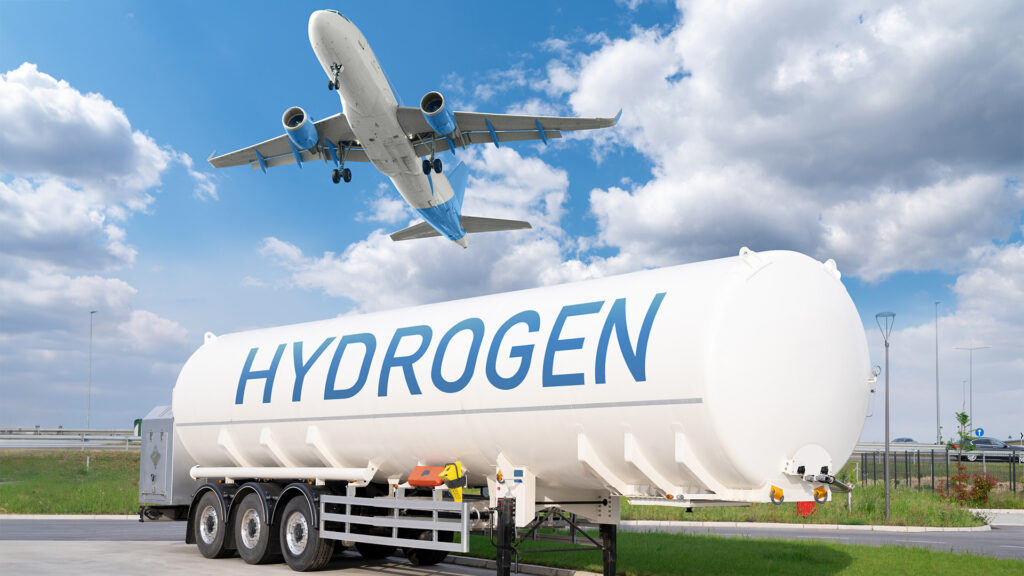Universal Hydrogen, a start-up focused on hydrogen-powered aviation and backed by Fortescue (ASX:FMG), has shut down after depleting nearly $150 million in investor funds. Despite the company’s achievements, including a successful test flight of a hydrogen fuel cell-powered plane last year, it struggled to secure additional funding in a tough venture capital market.
The California-based start-up, founded in 2020 by former Airbus chief technology officer Paul Eremenko, was unable to continue operations. Its Series B funding round in 2021 raised $US62 million, bolstered by a robust venture capital environment at the time. An earlier Series A round secured $US20.5 million, led by Peter Barrett’s Playground Global, with Fortescue and other major investors like American Airlines, Toyota, Airbus, and General Electric participating.
Funding Struggles in a Harsh Climate
Peter Barrett, a key investor and director of Universal Hydrogen, explained that the company had been attempting to raise funds since the previous year. “2023 was a challenging year for raising capital. We had a potential lead investor for a substantial round, but they were unable to commit,” Barrett told The Australian Financial Review.
Barrett noted that the difficulties in securing funding were due to a combination of market conditions and unfortunate timing, rather than issues with the technology or market demand. “We were just a few months away from overcoming this financial hurdle,” he added.
Although the US government had offered to inject capital to keep Universal Hydrogen afloat, Barrett believed it was too late to save the business. However, he remains optimistic about the future of the company’s hydrogen fuel cell technology, hoping it will find a new platform for development.
Overcoming Technical Hurdles
Universal Hydrogen faced significant technical and logistical challenges. One major issue was the ability to store sufficient hydrogen for long flights, as hydrogen, even in liquid form, holds about a quarter of the energy of the same volume of jet fuel. During the company’s test flight, only one engine was powered by a hydrogen fuel cell, while the other used conventional jet fuel.
In addition to developing propulsion systems, Universal Hydrogen needed to create infrastructure at airports to support hydrogen-powered aircraft and secure enough green hydrogen for operations. Despite these obstacles, Barrett asserted that regional airlines could start transitioning to hydrogen fuel cells, given the technology’s readiness for short flights.
Fortescue’s Ongoing Commitment to Green Energy
Fortescue Future Industries, an early investor in Universal Hydrogen, remains committed to its green energy projects despite the start-up’s collapse. A Fortescue spokesperson commented, “There is still significant interest in our green energy initiatives and the potential of green hydrogen and its derivatives. We are proud to be advancing some of the world’s first green energy projects, including our Arizona Hydrogen project in the United States and our Gladstone PEM50 project in Queensland, Australia.”
The Future of Hydrogen in Aviation
While long-haul hydrogen-powered flights are still a long-term goal, the groundwork laid by Universal Hydrogen represents a significant step toward zero-emissions aviation. The start-up had signed a memorandum of understanding with Fortescue in 2021 to explore global hydrogen supply arrangements for the aviation sector, aiming to support regional and other aviation segments until 2035.
Universal Hydrogen’s journey highlights both the promise and the challenges of pioneering new technologies in a competitive and uncertain funding environment. As the push for sustainable energy solutions continues, the lessons learned from Universal Hydrogen’s experience will be invaluable for future ventures in green aviation.

